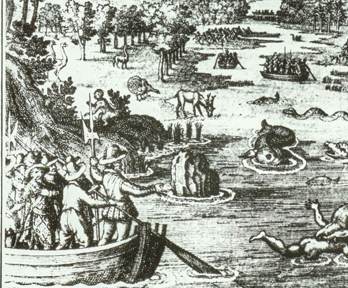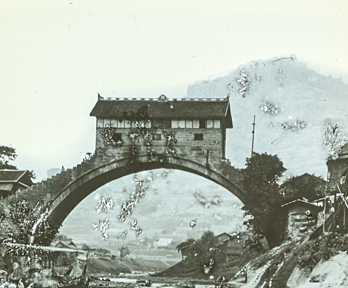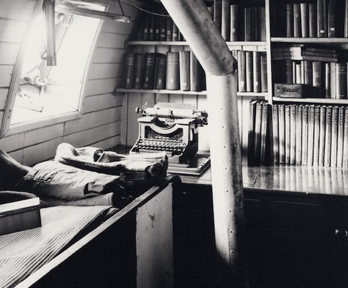As they ventured across the open oceans, early modern European navigators faced a host of technical challenges, from calculating the tides to estimating the speed of their vessels. When it came to the specific details of their “haven-finding art,” did it matter from which ports the ships hailed? Much has been made of the unique character of national navies, ship designs, and maritime administrators—but in fact there were many commonalities. Thus, when we find evidence that professional navigators approached these standard tasks in divergent ways, these differences can offer new insights into how nations trained their mariners.
By examining nautical manuals and manuscripts from the 17th and 18th centuries, Dr Margaret Schotte has discovered subtle but revealing instances of regionally specific practices. In this lecture, she will discuss the distinctive ways in which mariners from England, France, Spain and the Netherlands deployed instruments and determined their daily progress. Drawing on her recent book, Sailing School: Navigating Science and Skill, 1550-1800 (Johns Hopkins, 2019), Dr. Schotte will underscore the importance of undertaking comparative history on the high seas.




